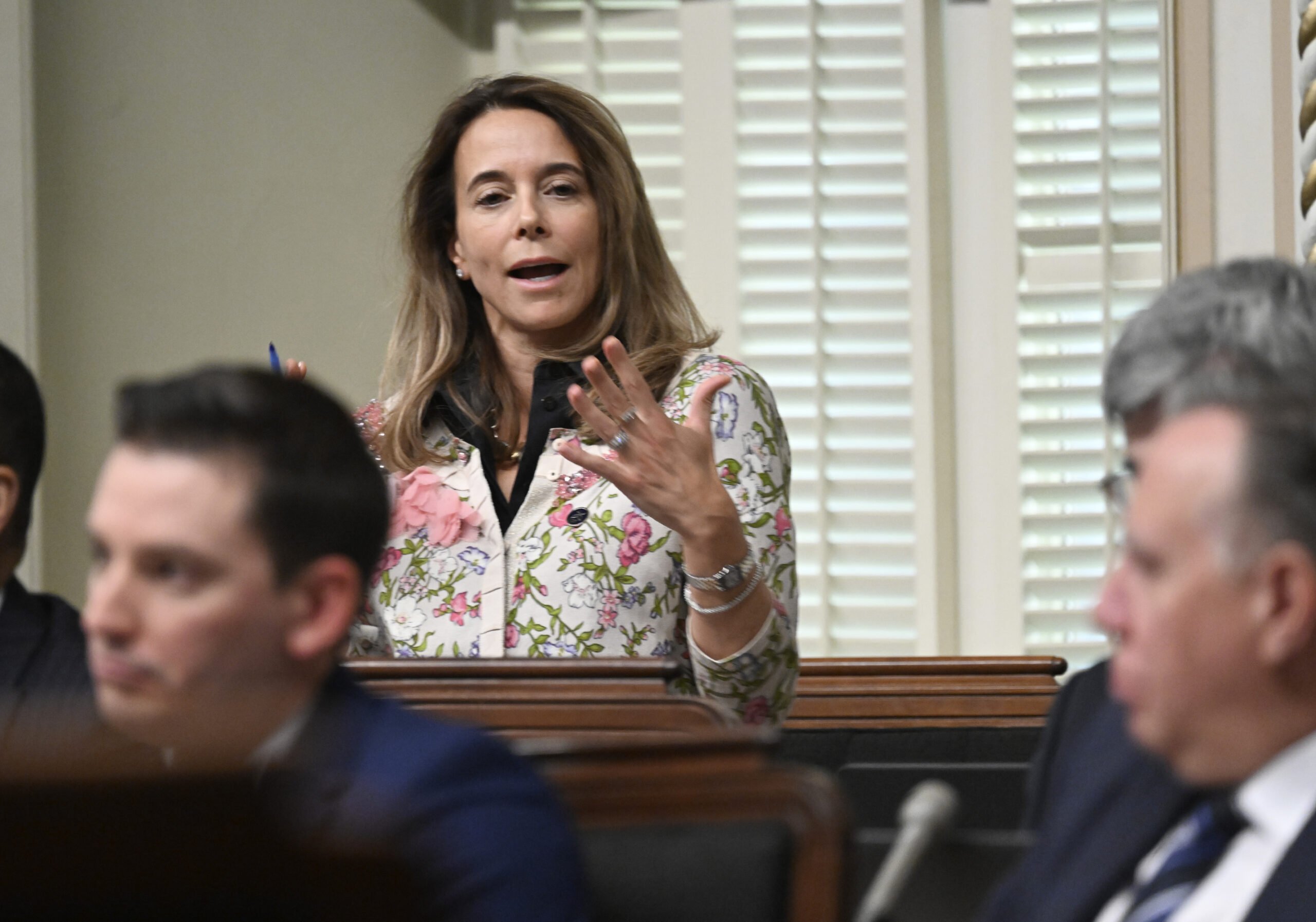The housing bill tabled on June 9 by Minister France-Élaine Duranceau is raising serious concerns among tenants. The bill would allow landlords to refuse a lease transfer request without serious grounds, making it difficult to protect against abusive rent increases. Tenants' associations see this measure as a serious setback to their rights, and denounce the fact that they were not consulted when the bill was drawn up. A demonstration was held on June 22 in Montreal in protest.
According to Alexis Lafleur-Paiement, lecturer in philosophy at the Université de Montréal and a specialist in political ideas and institutions, the appointment of France-Élaine Duranceau as Minister of Housing in October 2022 is indicative of the political vision of the Coalition Avenir Québec (CAQ) government. Lafleur-Paiement explains that "Duranceau is a real estate investor who directly represents the interests of property owners and investment companies. Like her predecessor, Andrée Laforest, she promotes pro-landlord policies and neglects the housing crisis."
Lafleur-Paiement also points out that Minister Duranceau herself has been involved in dubious practices, including "questionable maneuvers to evict tenants before transforming their units into high-priced condominiums."
Highlighting the potential conflict of interest between the rights of landlords and the protection of tenants' rights - and the side she chose - Minister Duranceau declared when the bill was tabled that "this business of assigning leases, or shopping for leases between tenants, is an impediment to landlords' property rights."
Quebec enjoys laws that are generally more protective of tenants than the rest of Canada, or even the United States. However, according to Lafleur-Paiement, the Quebec government, represented by the CAQ, clearly places more importance on landlords' ability to make a profit than on protecting the collective rights of the population.
Tenants' rights in Quebec were gained through long struggles and through the labor movement. In opposition to this, "landlords, often with the support of governments, have fought to maintain their privilege of firing tenants, raising rents and not taking care of their units," explains Lafleur-Paiement.
The closeness between politicians and the business world is a reality in many political parties, including the CAQ. Lafleur-Paiement points out that this kind of situation also exists in the Conservative Party of Canada, the Liberal Party of Quebec and the Liberal Party of Canada, to name but a few. He explains that this situation of cronyism is inherent to a capitalist society, where the political and economic elites work in their own interests rather than for the rights of the general population.
"What we see are people who, in politics as in business, have common goals and interests, not least of which is to grow the profits of big business. Politicians and business people regularly help each other, which in principle creates conflicts of interest that are regularly denounced, but rarely punished."
- CAPREIT extracts as much money as possible from their tenants
- A Law Written for and by Landlords
- The Legault Government Launches an Attack on Tenants
- A Campaign for a Moratorium on Evictions
- When Politics and Business Violate Tenants’ rights
- Real estate developers reinforce shortage by reducing housing starts
- What effects will the adoption of Québec’s Bill 31 have?
- Housing bill continues to be denounced by unions and housing groups
- Conflict of interest for Quebec’s tenant-landlord tribunal?
- One year later, tenants still standing up to excessive rent increases
- Developers paying pennies to bypass affordable housing requirements in Montréal
- Build, but at what cost to tenants?
- A First Victory for Quebec Tenants Against the CAQ
- “Montreal attacks the homeless instead of homelessness”


